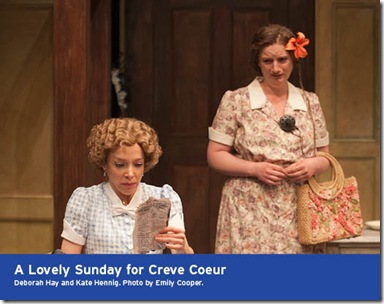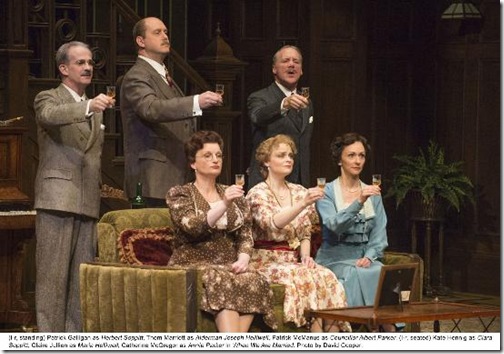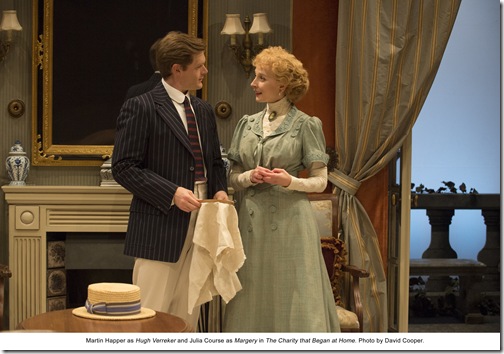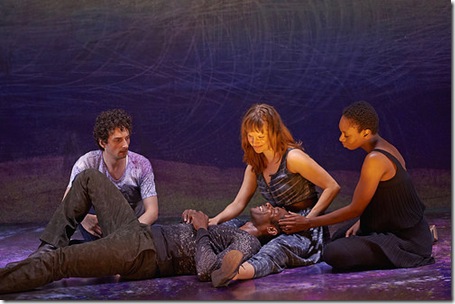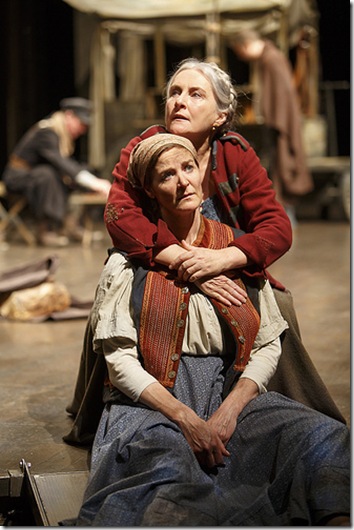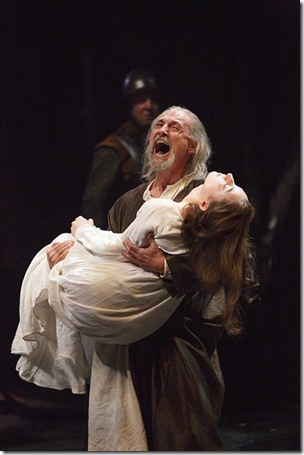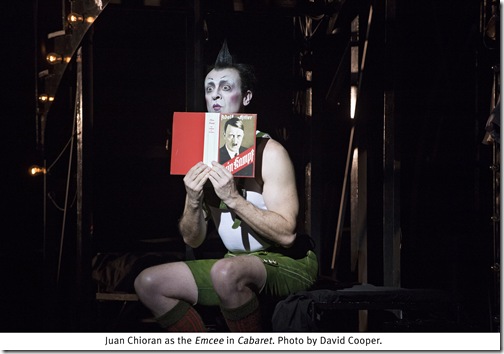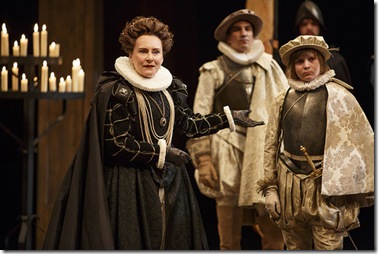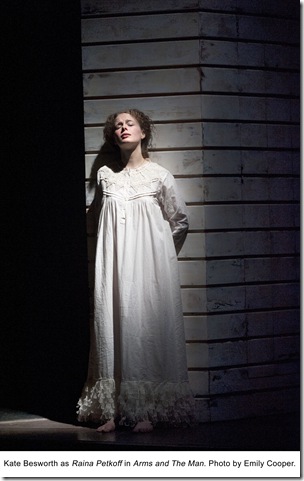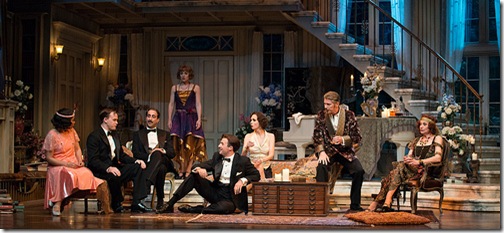Deborah Hay Triumphs Again At The Shaw Festival: Jamie Portman reviews Williams’ A Lovely Sunday for Creve Coeur.
Photo: Emily Cooper. Featuring Deborah Hay and Kate Manning.
NIAGARA-ON-THE-LAKE, Ont. — This is the summer when Shaw Festival actress Deborah Hay can do wrong.
She’s been in command of the flagship Festival Theatre stage since April with her brilliant performance as Sally Bowles in Cabaret. And now, she’s providing some sublime moments in the festival’s problematic lunch-hour production of Tennessee Williams’s neglected one-act play, A Lovely Sunday For Creve Coeur.
The setting is St. Louis, a city that looms large and traumatically in the playwright’s personal and creative life, and we first meet Dorothea, the character played by Hay, doing calisthenics in the living room. She is another of Williams’s emotionally maimed heroines — not as tragedy-bound as Blanche Dubois, but still vulnerable.
